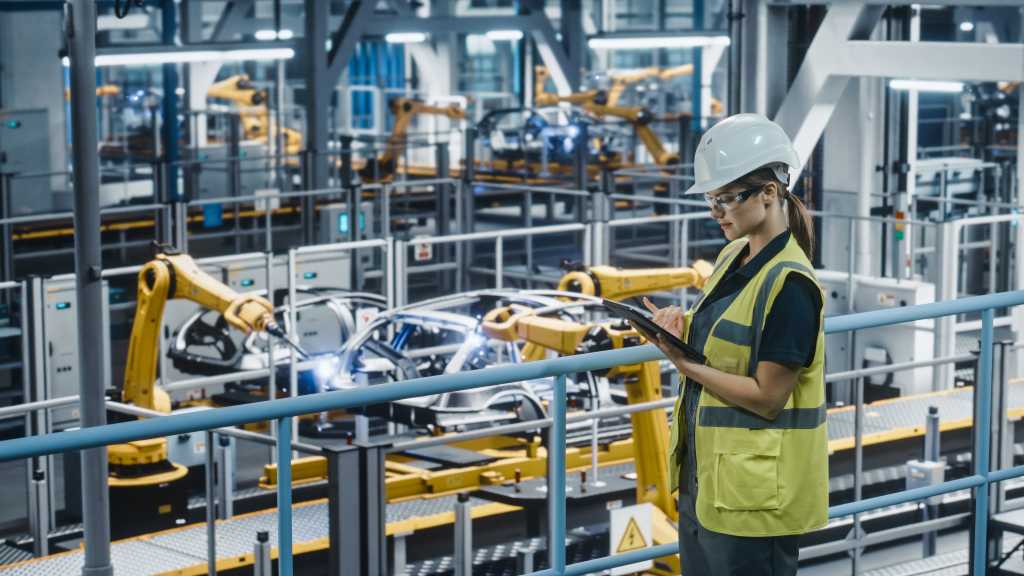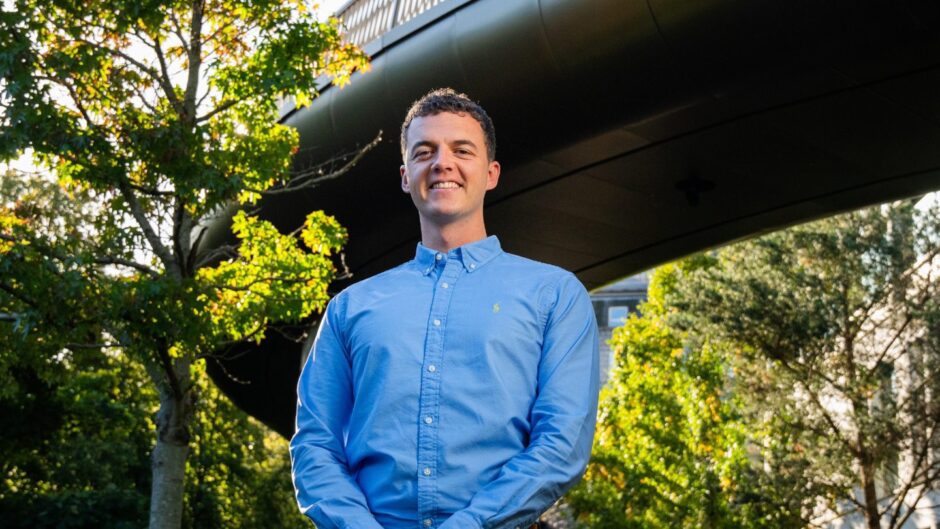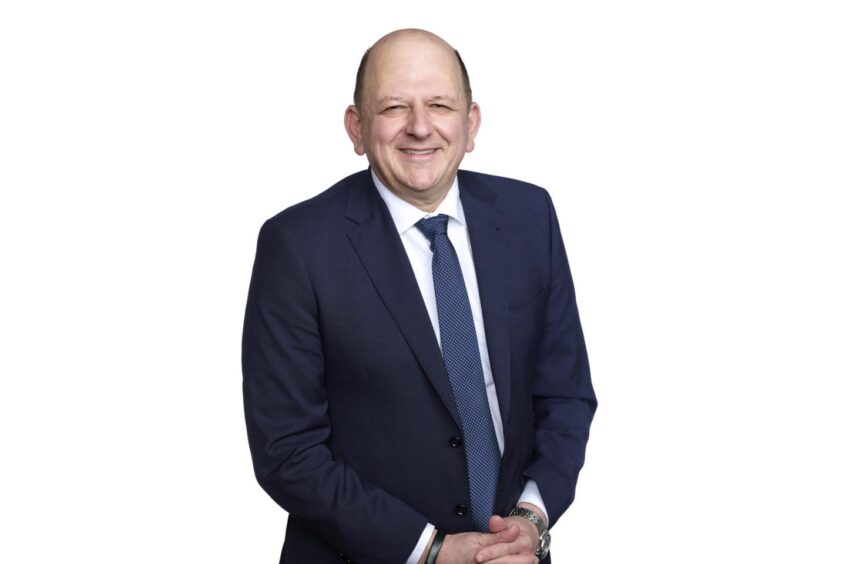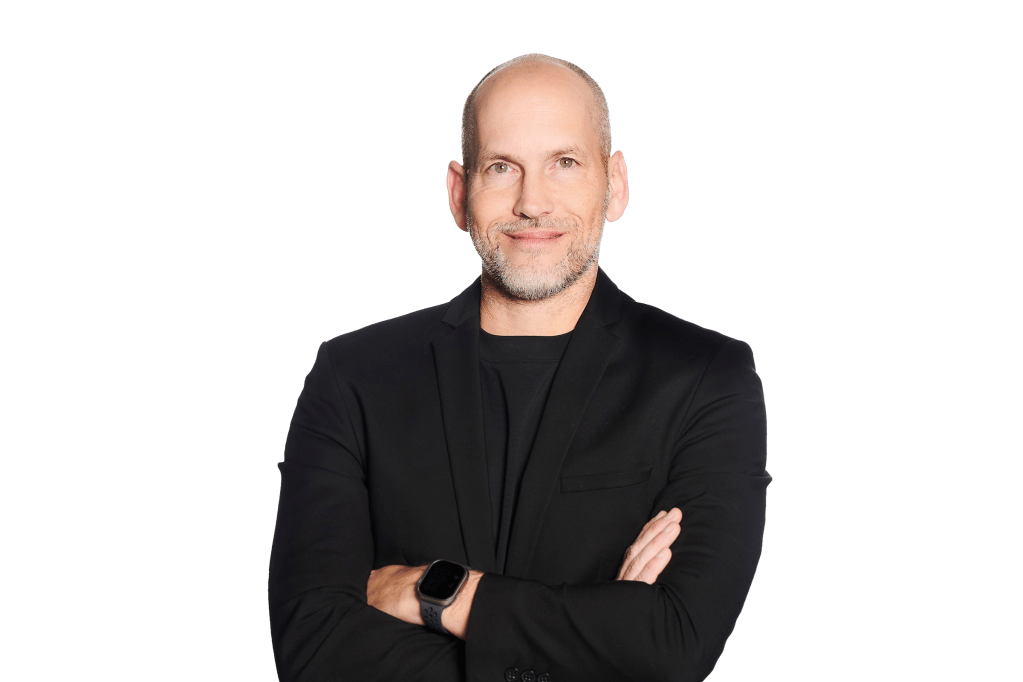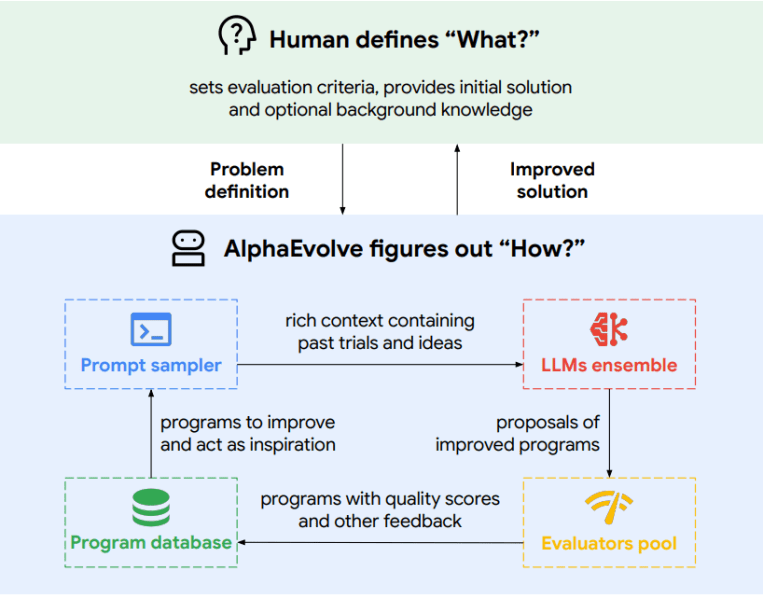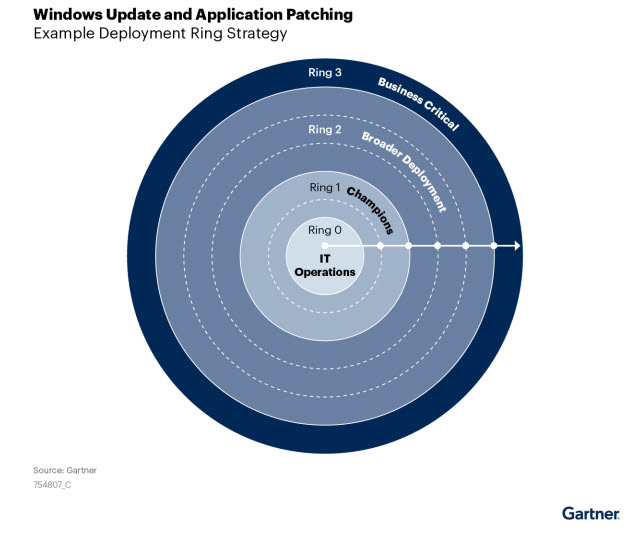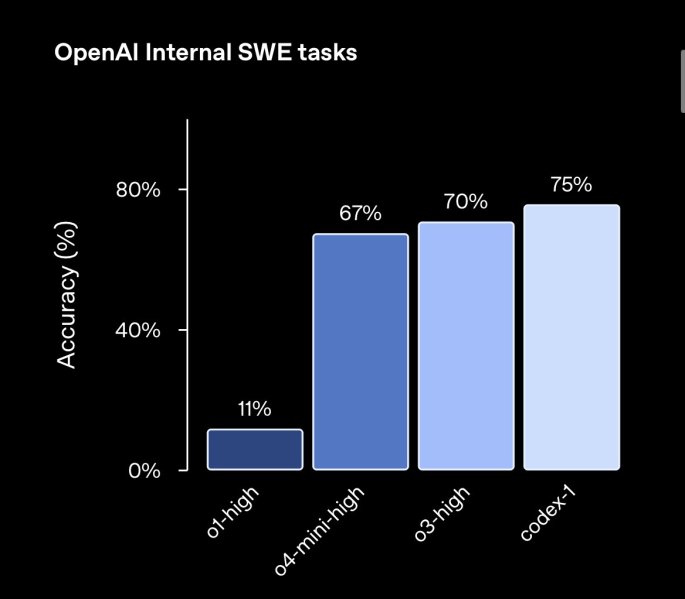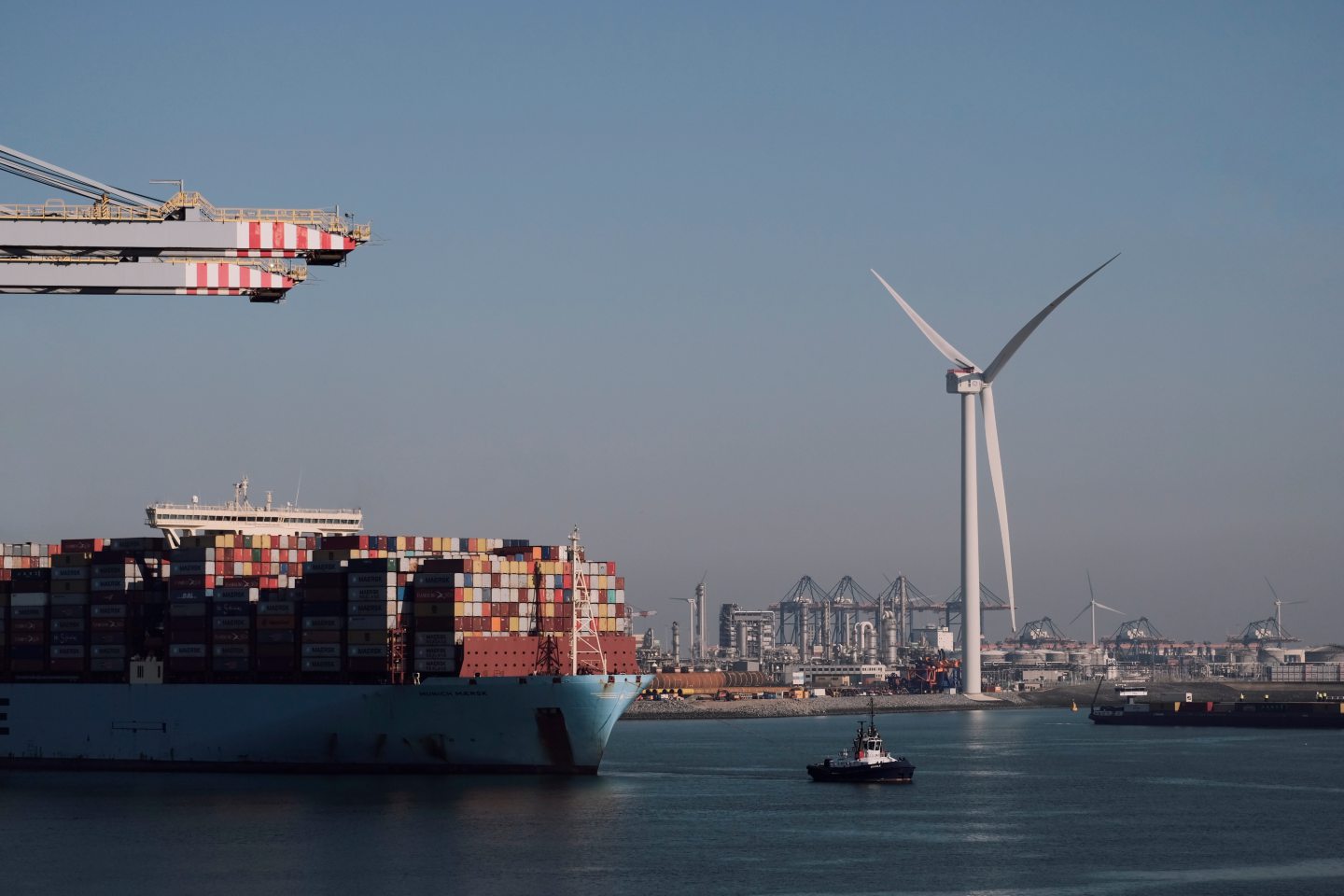
Across continents, governments and industries are looking to hydrogen not just as a future fuel, but as an actionable part of the net-zero equation.
The upcoming World Hydrogen Summit 2025, returning to Rotterdam next week, offers a timely and grounded opportunity to examine how hydrogen is moving from concept to implementation and what challenges remain.
This year’s event aims to capture the global momentum and highlights the common challenges faced across borders.
Rotterdam isn’t just the host city, it exemplifies what a large-scale hydrogen transition looks like in practice. Becoming a focal point for infrastructure development, cross-border hydrogen trade and industrial decarbonisation, the city currently stands as a case study in progress – not without its hurdles, but rich in lessons on systems integration, permitting, investment planning and cross-sector collaboration.
Rotterdam is a real-world checkpoint for the international hydrogen movement. From pipelines and storage hubs to import terminals and hydrogen-powered transport, the city is demonstrating how theory translates into industrial action.
Projects like Shell’s Holland Hydrogen 1, Europe’s first major renewable hydrogen plant at 200 MW, has reached advanced construction, and is now connected to the high-voltage grid and linked to a growing hydrogen pipeline network. Meanwhile, Air Liquide’s ELYgator is set to add another 200 MW of electrolyser capacity by 2027, powered by offshore wind and serving the refining sector.
The 2025 theme, “Navigating Challenges with Solid FIDs”, reflects an increasingly important milestone for the hydrogen sector: reaching final investment decision (FID). As macroeconomic pressures, regulatory uncertainty, and infrastructure constraints persist, the summit will explore what it takes for nations to move beyond feasibility studies to fully committed projects.
Sessions led by industry experts and energy ministers will unpack case studies from around the globe, with a focus on how developers have overcome bottlenecks, particularly around demand aggregation, policy clarity and financing frameworks.
The shift is clear: industry is moving past advocacy and into implementation, but getting there will require deep coordination at every level.
Taking place midway to 2030 climate targets, the annual summit offers an opportunity to benchmark progress against global goals. A key focus will be on building alignment between public policy and private capital, enabling the scaling of demand in lead markets, and creating the conditions necessary for international hydrogen trade to emerge.
It’s also a moment to interrogate where momentum may be stalling. Discussions will address gaps in certification, regulatory harmonisation, and infrastructure investment – especially for cross-border logistics and storage, which remain major sticking points.
From electrolyser manufacturers and port authorities to industrial offtakers, mobility leaders and government decision-makers, the summit aims to ground conversations in practical experience and diverse perspectives, facilitating not just dialogue but informed action.
Hydrogen’s potential is widely acknowledged. What’s less understood is how to operationalise it across different geographies and use cases. The World Hydrogen Summit 2025 won’t provide all the answers, but it will offer a unique vantage point into what’s working, what isn’t and what’s next.
Rotterdam offers the backdrop not of a finished product, but of a complex, evolving system in motion – one that other countries can learn from and contribute to.
Energy Voice will be reporting from the World Hydrogen Summit at Rotterdam Ahoy in Rotterdam, The Netherlands from 20-22 May 2025.




